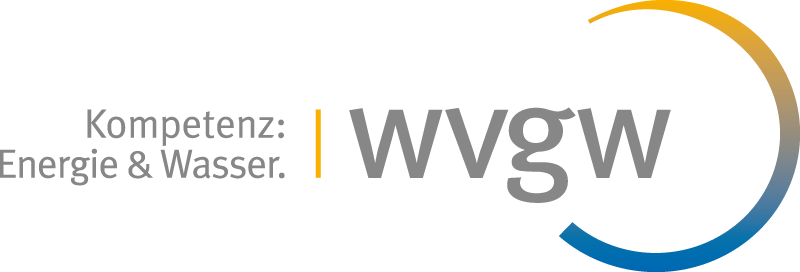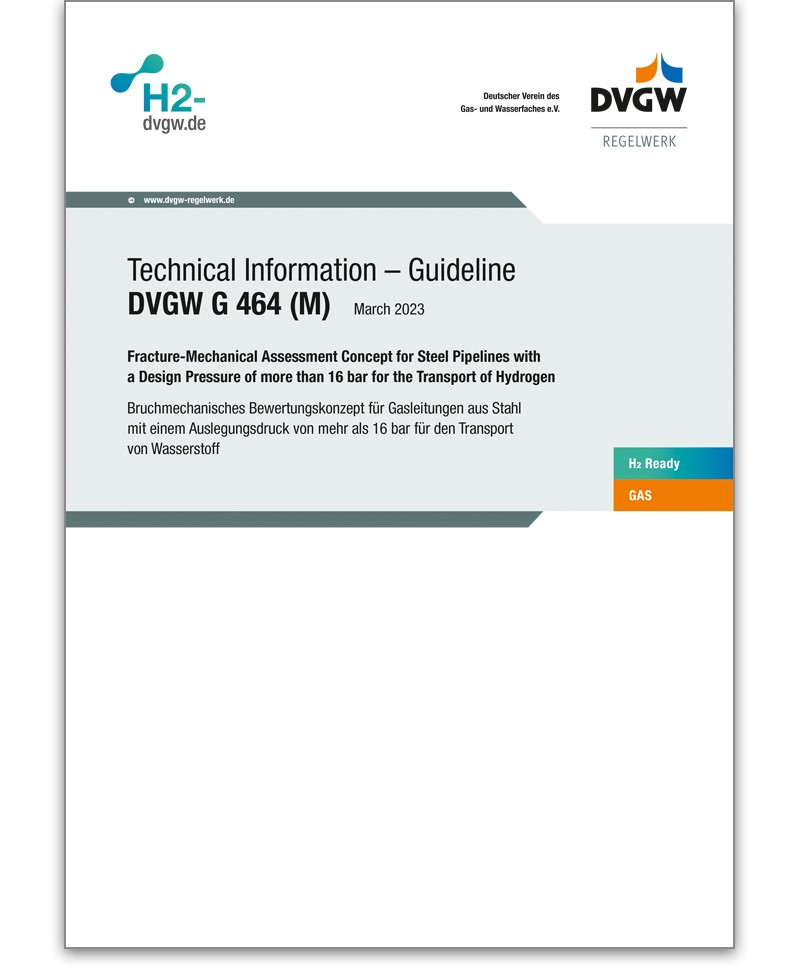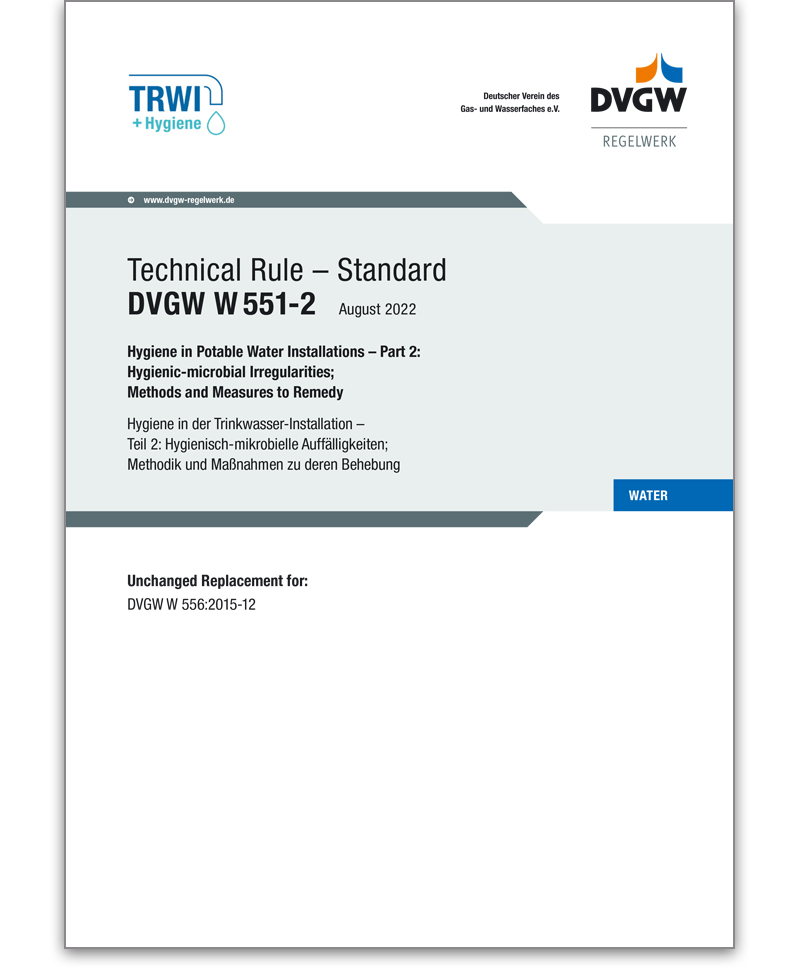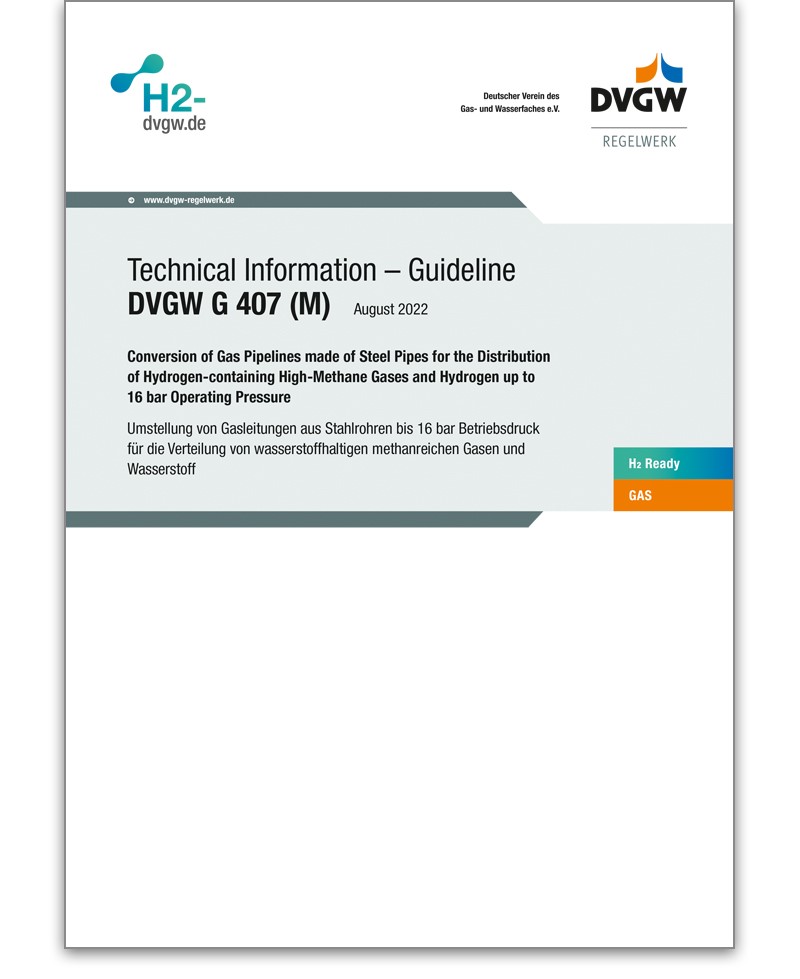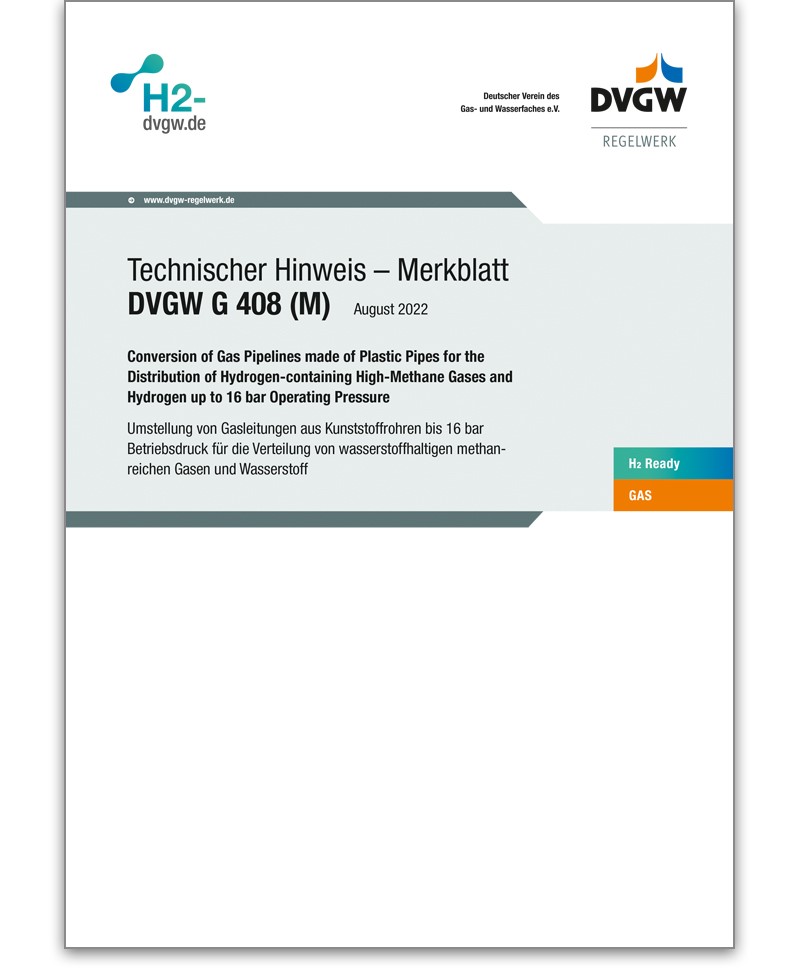
DVGW Set of Rules
An Indispensable Tool for Gas and Water Experts - Setting global standards for gas and water
The DVGW Set of Rules forms the basis of and sets standards for all activities of the gas and water utility industry sectors, with the main objective being to advance and ensure safety, hygiene and innovations aimed at environmental conservation and consumer protection.
it‘s the basis for basic, in-service and advanced training as well as for testing and certifying products, procedures, businesses and individuals.
provides legal certainty and a safe environment for action, enhances the efficiency of businesses and helps optimise cost-effective actions.
- increases product safety, thus augmenting customer confidence while simultaneously reducing product reliability risks.
- ensures that products meet market requirements, thus increasing demand for these products.
The DVGW Set of Rules in English
The DVGW Set of Rules
consists of approximately 650 DVGW rules. An English translation of the
most important sets of rules is available for international companies
and institutions as well as for users and companies in the gas and water
industries of non-German-speaking countries.
A module titled “Set of Rules for Well Construction” that discusses the
design, construction and operation of wells is available specifically
for companies and users specialising in water abstraction.
An overview of the English rules can be found in the list on the left.
DVGW sets of rules available as PDF download – quick and easy!
Download and buy the DVGW Set of Rules in PDF format quickly and easily from our online shop, using any device with internet connection. An overview of the various subjects covered by the DVGW Set of Rules - Gas and the DVGW Set of Rules - Water facilitates your search for a particular rule. Clicking on „DVGW Set of Rules Gas“ or „DVGW Set of Rules Water“, will show all rules on gas or water. If you wish to purchase the Set of Rules, click on “Digital product” of the corresponding item and add it to your shopping basket. Instructions for the ordering process can be found here.
Service/contact
For further information, please contact the wvgw customer service department by phone on +49 228 9191-40 or send an email to info@wvgw.de. You get more information about DVGW Set of Rules in this brochure.
DVGW – THE authority on setting technical rules
